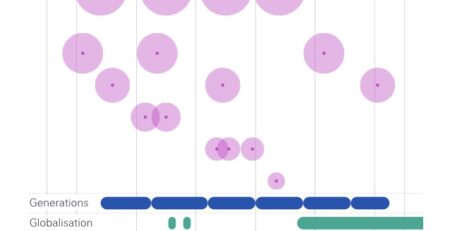Reforming Social Security: The Challenge of Income Inequality
By David W. Rasmussen (Pepper Institute on Aging and Public Policy)
Objective: This article examines the role Social Security plays in alleviating poverty among retirees in the context of threats to its solvency.
Method: Examining long-term employment trends, declining access to defined benefit pensions and saving behavior can determine if in the more future Social Security beneficiaries are likely to be poor.
Results: Labor market trends driven by technical change, global competition and increasing demand for services indicate that more future retirees will have lower life-time earnings that yield lower social security benefits and reduced saving for retirement. Coupled with a significant decline in defined benefit plans, older Americans are more likely to face more financial hardship after they can no longer work.
Conclusion: Poverty among retirees will rise unless social security benefits for low-income retiree are increased. Cutting benefits for high-income retirees can erode political support for Social Security, suggesting that general revenue is the best source of funding to combat poverty among older Americans. Taxing wealth is a possible source of revenue.
Source: SSRN










